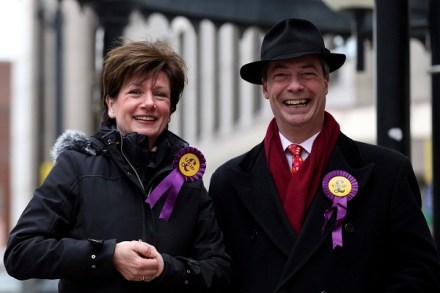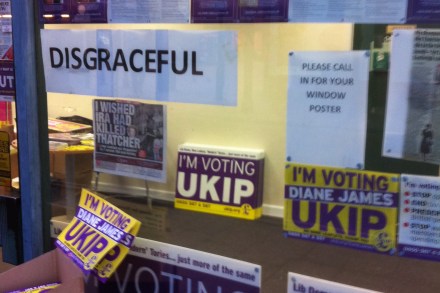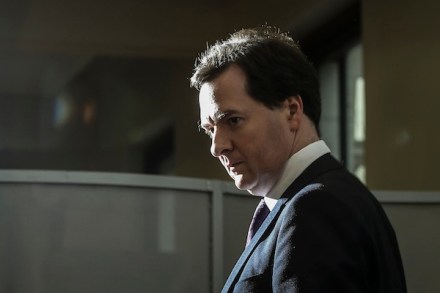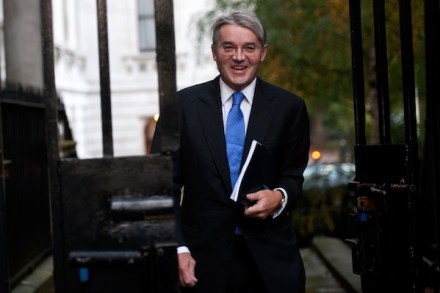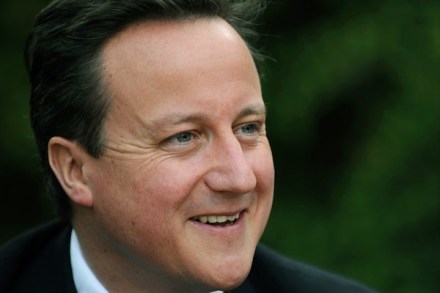David Cameron’s lurch to the backbenches
So the Conservative party’s refusal to lurch to the right has, in the past few days, resulted in stories about the European Court of Human Rights, EU referendum legislation, limiting access to benefits for migrants, and NHS tourism. All of these issues preoccupy the right wing of the Conservative party. David Cameron yesterday said the Tories would remain in the Common ground (and Fraser wondered whether the PM had realised that he wasn’t taking his own advice on this), but these briefings suggest Cameron is trying to find common ground with his own MPs as much as with the public. If these policies aren’t about a lurch to the right,














